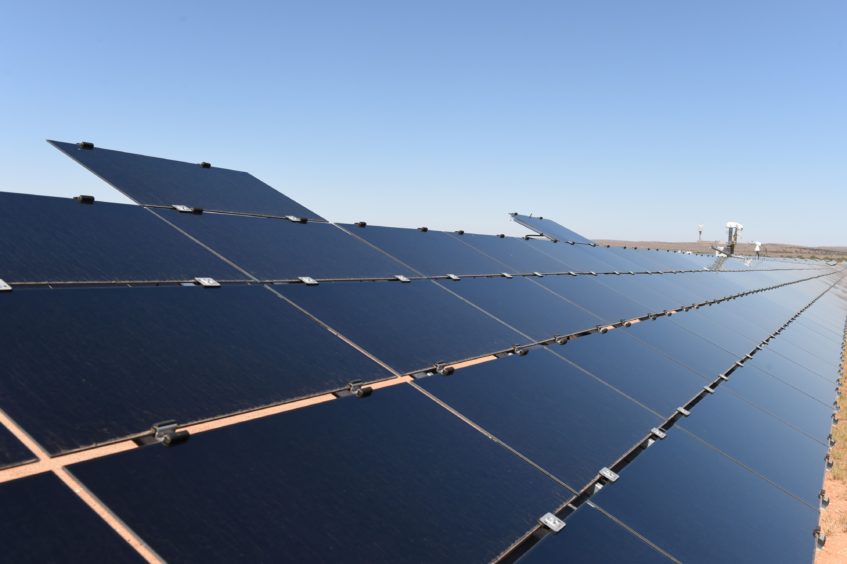
Stakeholder pressure on energy companies is having an impact on African projects, which is not necessarily straightforward divestment.
Herbert Smith Freehills corporate partner Rebecca Major, speaking during a webinar on Africa Day, said some companies were continuing to invest in the upstream.
“There are companies out there who are staying the course,” Major said, citing increased interest in decarbonising oil and gas.
“In future, companies will make those traditional products greener as it will be cheaper and easier to sell them and export them. Many projects already use captive power and there’s scope to make that greener,” she said.
IOCs can take a broad strategy, which combine renewable energy interests with more traditional hydrocarbon developments.
“For example, Total is investing huge amounts in renewables, but the company is not abandoning oil and gas. It’s very active in South Africa and Mozambique. The challenge is to green the projects that are not as green as they could be.”
Some companies have opted to sell off assets. Shell, for instance, is likely to continue selling down its onshore Nigerian projects.
Coal projects are also under pressure. Vale began offering its Mozambique operations at the beginning of the year.
Major noted the change of control raised questions. “Who is going to buy? Will they be developed in the right way? Will there be enough cash?”
Paul Morton, also of Herbert Smith Freehills, said it was “impossible” to dissociate energy from the social impact in Africa.
“Elsewhere, there is a tendency to just look at the climate. But balancing those objectives is key. African legislators have a bigger challenge than others.”
Should IOCs make a major shift from hydrocarbons into low carbon, it would pose a “major challenge” to those countries that rely on natural resource revenues, he predicted.
